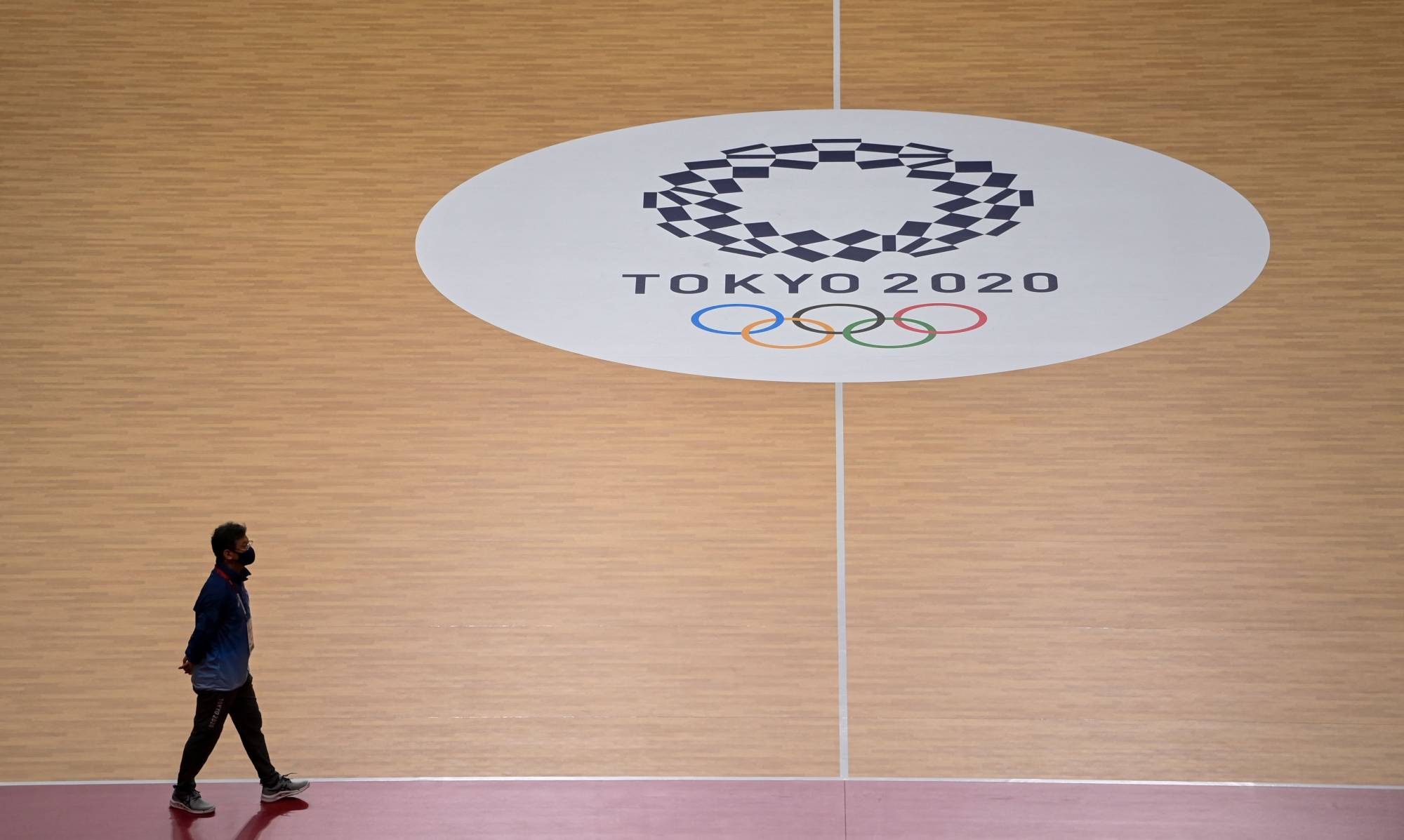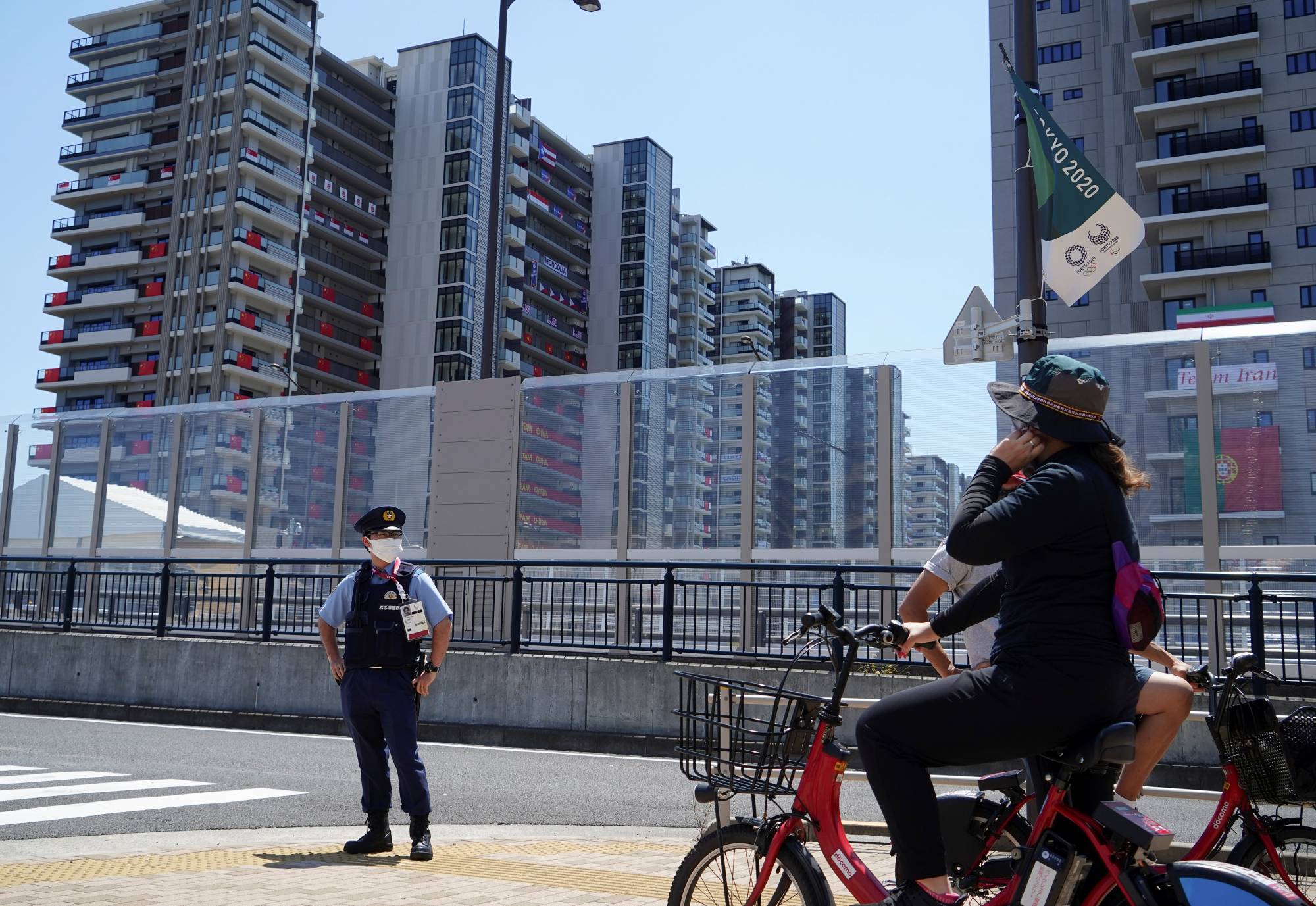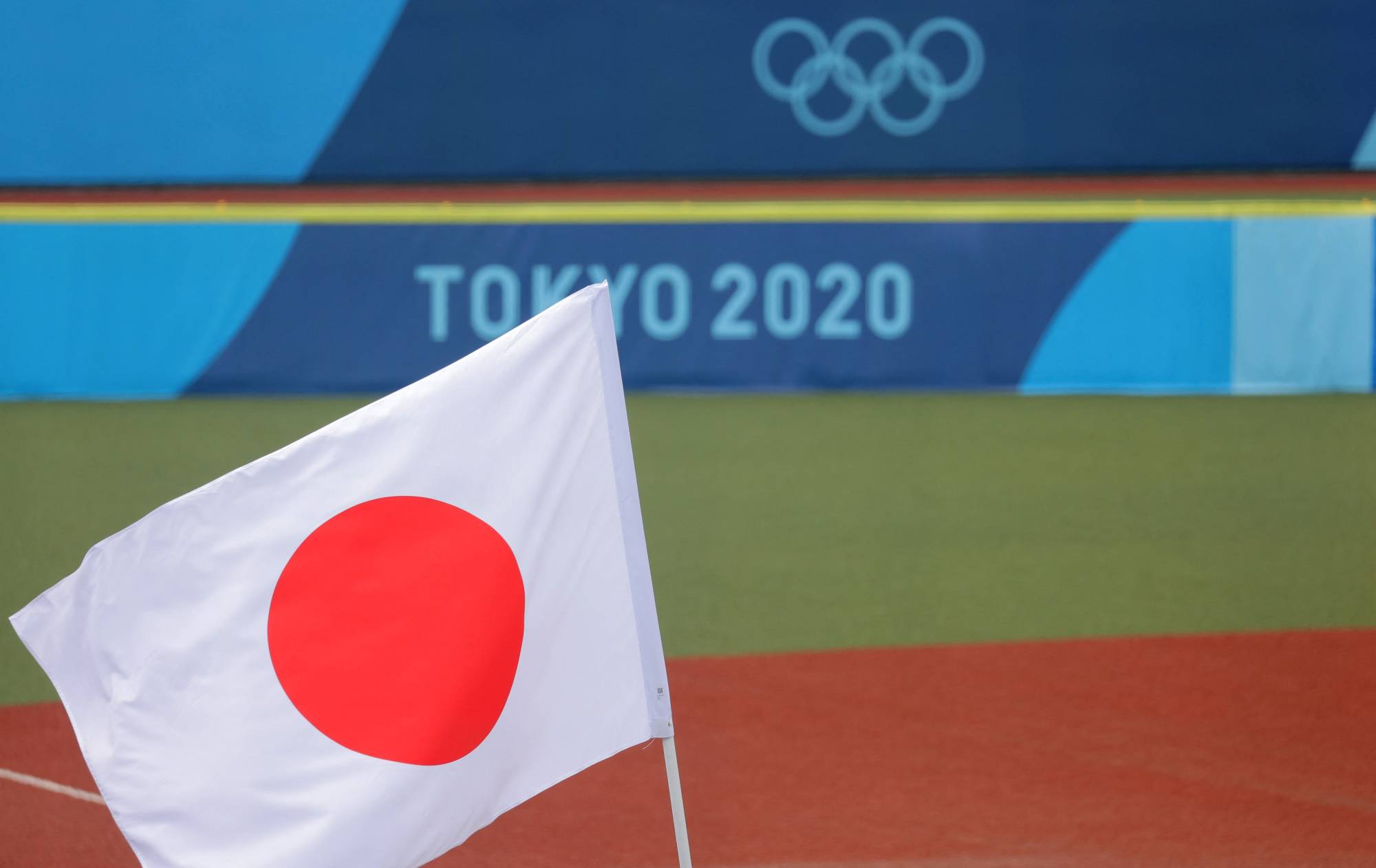Organizers and public officials will deny it, but a large part of Japan’s coronavirus response has been governed by the country’s commitment to hosting the Tokyo Olympic and Paralympic Games.
From the inoculation of Tokyo Games staff, contract workers and journalists before the general population to the diversion of scarce medical resources and huge sums of taxpayer money, the prioritization of the global sporting event over public health has added anger to the desperation weighing on the shoulders of an already exhausted nation.
Although most of the public haven’t received their shots yet, those involved with the Tokyo Games began receiving their first dose — vaccinations provided by the International Olympic Committee but administered by the Tokyo Organising Committee and the Tokyo Metropolitan Government — in June.
Organizers had planned to recruit 7,000 nurses and doctors in Japan to provide support during the Games, and a handful of hospitals have been designated for athletes should they become injured or infected with COVID-19.
Japan has already spent ¥1.6 trillion on the Games, while an audit by the government showed the costs are actually higher and could reach ¥2.7 trillion — making it the most expensive Summer Games ever, according to Oxford University.
The conclusion of the Games won’t mark the end of COVID-19 in Japan, but it could serve as a turning point for the country by providing the government with an opportunity to reposition its resources — and realign its priorities — as it navigates the next chapter of the pandemic.
The question of whether it will comes at a time when existing anti-virus measures are showing their limitations.

Critics saw the recent declaration of a state of emergency in the capital — which caused organizers to ban spectators — as a political ploy to appease the public before a crucial Lower House election in the fall.
An Asahi Shimbun survey published Monday showed that 55% of respondents were opposed to the Games, and 68% believed it was impossible to host the sporting event safely.
Experts believe hosting the Games during a state of emergency is a contradiction and could further weaken the already dwindling impact of the country’s coronavirus measures.
Foot traffic in the capital has declined after it came under a state of emergency but not nearly as much as officials had hoped.
Compared with four weeks ago, before the state of emergency had taken effect, foot traffic in and around Tokyo’s entertainment districts declined 12.4% at night and 7% during the day in the week following July 12, the first day of the emergency. Tokyo’s infectious disease advisers say evening foot traffic needs to decline by 50% for the virus situation to improve.
Shigeru Omi, chair of the government’s coronavirus subcommittee, told a parliamentary session on July 15 that “people are tired of the coronavirus and the state of emergency, and restaurants are reaching their limit.”



Prime Minister Yoshihide Suga’s persistence in going ahead with the Summer Games amid a pandemic has also drawn criticism that he is prioritizing economic benefits over public health.
But with organizers banning nearly all spectators from attending the Games following the emergency declaration, the economic benefits expected from hosting the sporting event will have taken a hit.
According to the Nomura Research Institute, the ban on local fans from venues in Tokyo, Chiba, Kanagawa and Saitama prefectures will see the economic boost from the Games decline 7.2%, or ¥131 billion, to ¥1.68 trillion, due to lost spending on tickets, hotels and transportation.
For dining establishments, not only have they been asked to stop serving alcohol by 7 p.m. and close an hour afterwards until the emergency expires on Aug. 22, they can no longer count on a boost in profits from domestic fans traveling to Tokyo.
Despite a steady increase in COVID-19 infections — Tokyo reported 1,979 cases Thursday — only around a fifth of eligible people have received both doses of the vaccine.
Front-line medical workers began receiving vaccines in February, people 65 and older in April and the general population from June.



The central government has been pushing municipalities to speed up inoculation — most recently, up to 1.5 million shots have been administered each day nationwide — but medical experts are afraid the country’s vaccine rollout will lose steam once the Tokyo Games end and the circus leaves town, despite Suga’s promise to vaccinate the public by the end of November.
The inoculation of those coming to Japan was a key element of coronavirus countermeasures at the Games. Organizers said 80% of athletes, staff and media will have been completely inoculated by the time they arrive in Japan. But even if that is the case, the limitations of the nonetheless highly effective Pfizer Inc. COVID-19 vaccine — which is more effective in preventing symptoms than in blocking transmission — are apparent as a growing number of participants become infected.
It seems almost certain that more cases will emerge. If and when they do, organizers will hand patients off to Japanese authorities, who will then decide whether treatment is needed at a hospital or isolation at a temporary facility is appropriate.
A few athletes have dropped out after becoming infected with the coronavirus, and a number of sponsors have withdrawn advertisements to avoid criticism ahead of the opening ceremony scheduled to kick off Friday evening.
“The government will do its best to prevent infections from spreading, and to bring success to the Games,” Suga said Wednesday.
“I hope this will become an opportunity for athletes to provide children and young people excitement, and something to dream for,” he said, adding that spectators could be allowed to attend the Paralympics “if the situation changes.”
In a time of both misinformation and too much information, quality journalism is more crucial than ever.
By subscribing, you can help us get the story right.
SUBSCRIBE NOW


